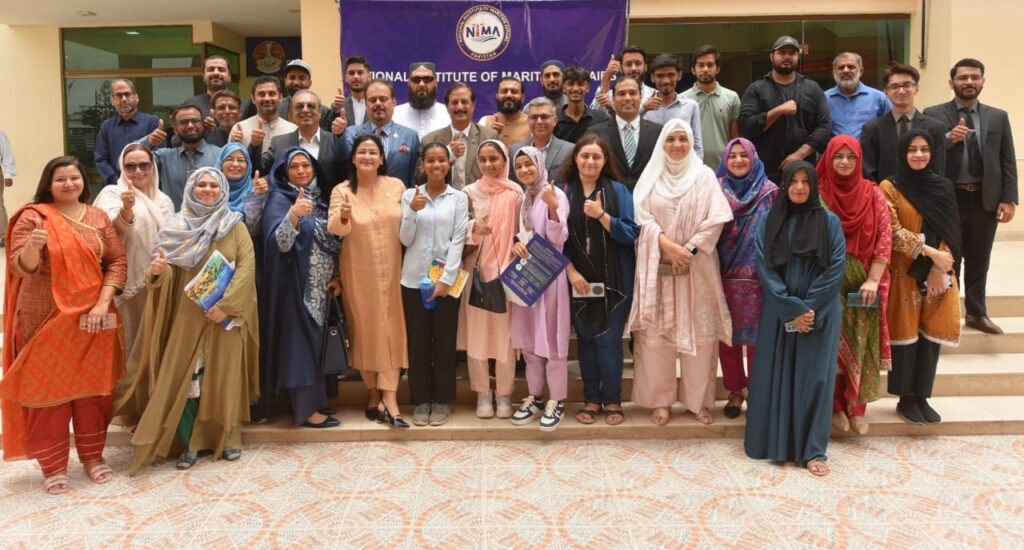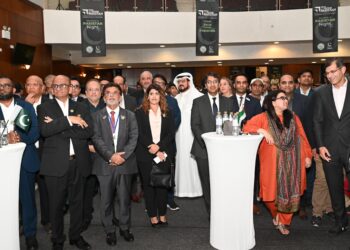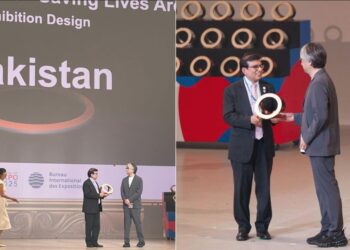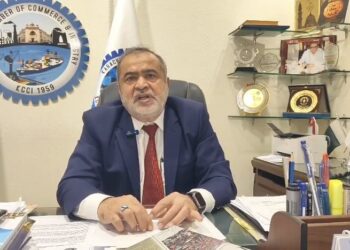The initiative aims to explore the challenges
legal frameworks, and regional potential
of Pakistan’s maritime economy
Staff Reporter

Karachi: The National Institute of Maritime Affairs (NIMA), in collaboration with Team Balochistan, inaugurated a four-day training session titled “Maritime Economy: Challenges and Opportunities” at Fatima Jinnah Hall, Bahria University Karachi. The initiative aims to explore the challenges, legal frameworks, and regional potential of Pakistan’s maritime economy.
Chinese Consul General Emphasizes CPEC Maritime Linkages
Chinese Consul General in Karachi, Mr. Yan Yundong, graced the session as Chief Guest. He stressed the importance of maritime cooperation under the China-Pakistan Economic Corridor (CPEC), calling bilateral maritime trade a “crucial need of the time.”
Experts Call for Strategic Maritime Reforms
Vice Admiral (R) Ahmed Saeed HI(M), President of NIMA, highlighted the role of research, legislation, and sustainable development in unlocking the maritime sector’s full potential. He also emphasized the need for robust maritime governance.
The session began with a keynote presentation by Commodore (R) Muhammad Masood Akram SI(M), S Bt., Director NIMA Karachi, who detailed the prospects and challenges of Pakistan’s blue economy.
Insightful Day One Presentations
- Commodore (R) Irfan Taj SI(M) discussed the UN MARPOL Conventions and their impact on maritime trade and environmental regulations.
- Dr. Hassan Daud Butt addressed the strategic value of ports, harbors, and trade corridors, particularly in the context of Gwadar and CPEC.
- Dr. Samina Qadwai examined the triple environmental crisis—climate change, pollution, and biodiversity loss—and its effects on marine ecosystems.
Future Discussions to Focus on Coastal Development and Regional Integration
The first day concluded with productive networking among participants. The upcoming sessions will focus on coastal development in Balochistan, regional connectivity, and strategies for promoting Pakistan’s blue economy.






















